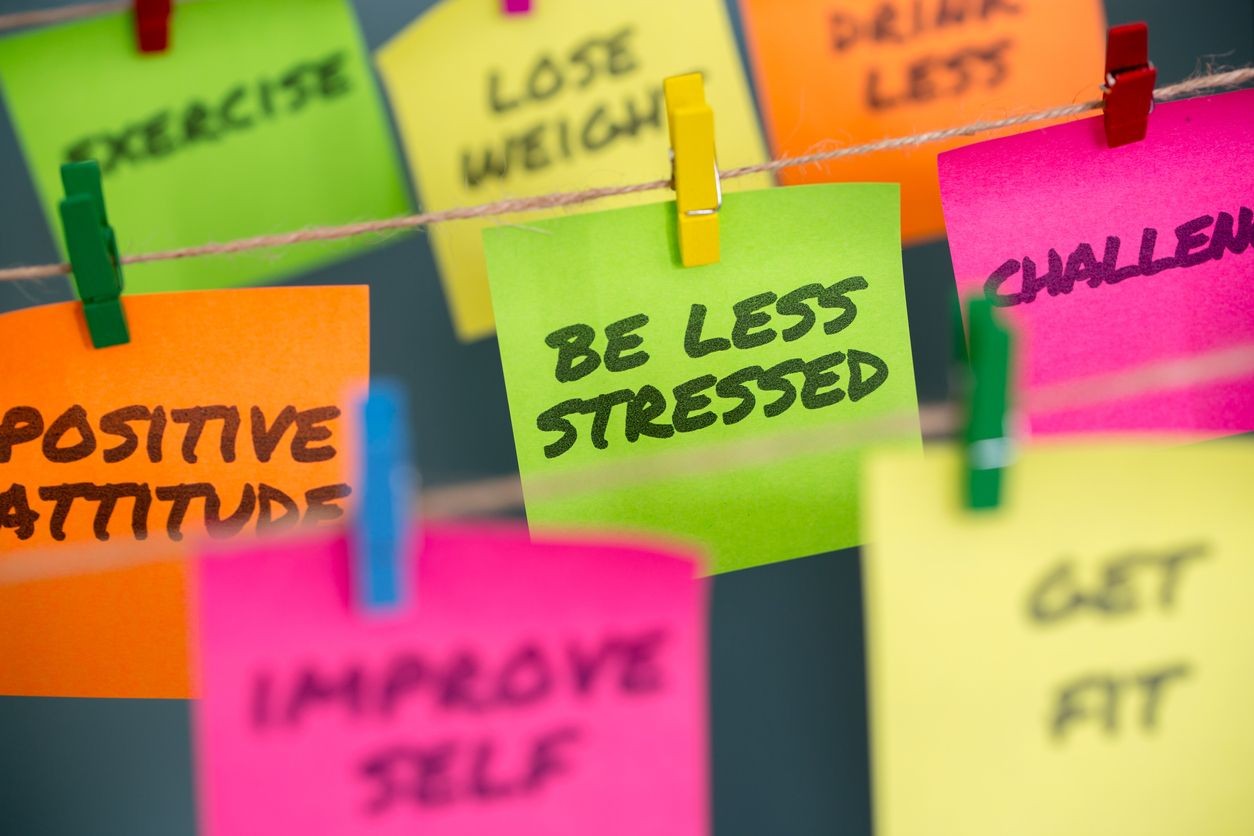Constant fatigue: what can we do to feel more energised?

Do you wake up still tired in the mornings and find yourself yawning more than usual throughout the day? Although it is normal to feel a little bit sleepy every once in a while, constantly feeling fatigued could be a sign of something else going on in your body. Let’s take a look at some of the reasons you might feel so tired and what you can do to combat this.

Type 2 diabetes
Unfortunately, many people with type 2 diabetes experience problems with sleep, often due to unstable blood sugar levels throughout the night. 1 in 2 people who have been diagnosed with type 2 diabetes have reported problems with their sleep [1], which directly impacts their energy levels throughout the day.
Poor nutrition
Undereating or not eating enough of the right foods to fuel your body might be the reason you feel so tired all the time. Try to track what you eat in the food diary for a few days to identify key areas in which you could improve your nutrition. It might be that you are accidentally undereating and not consuming enough calories throughout the day, or that you are lacking in certain micronutrients. Some of the key nutrients to look out for are: vitamin d, iron, magnesium, potassium and vitamin b12. If you are concerned you might be deficient go see your doctor to get a blood test to confirm your suspicion. You will hopefully start to feel more energised once your nutrition is back on track.
Lack of movement
Not moving enough throughout the day can impact the quality of sleep you are getting at night and cause you to feel tired throughout the day. Try to incorporate some form of exercise into your everyday routine. This does not have to be a workout but could simply be a walk around the park, stretching more or even just making a conscious effort to stand up every hour if you usually spend a lot of time at the desk working.
Stress
We say it over and over again, but stress can really wreak havoc in all areas of your life. If you are going through a period of high stress, then it is likely you are not sleeping as well or as long as you should be. Try to avoid checking your emails or messages just before bed or first thing in the morning. Ideally, try to switch off your phone at least an hour before you go to bed and don’t turn it on in the first hour of waking to give yourself a bit of space to breathe and relax. Take a look at some of our

Burnout
If you feel constantly fatigued, you might be experiencing burnout. Burnout is a medical condition which is caused by overwhelming stress in the workplace. If you are suffering from burnout you likely don’t have much downtime, which will directly impact your sleep and energy levels. If you think you do suffer from burnout please contact your GP or another medical professional. To avoid burnout, try to prioritise a healthy work life balance by switching off your work phone and emails outside of work and planning activities that help you wind down after a stressful day at work.
Mental health
The pandemic has affected many of us mentally. While we might think feeling tired is a physical symptom and as such must be a response to a lack of sleep, it is actually a key symptom of depression. Being diagnosed with diabetes can increase your likelihood of having a mental health condition, so if you think this might be the reason you are feeling constantly exhausted then please contact your GP or local mental health charity to ask for help.
There are also many other health conditions which might affect your energy levels, such as sleep disorders like insomnia, fibromyalgia, having an underactive thyroid, recovering from a viral infection and even something called chronic fatigue syndrome. If you are worried that your lack of energy is linked to a medical condition please speak to your GP or other healthcare professional.








